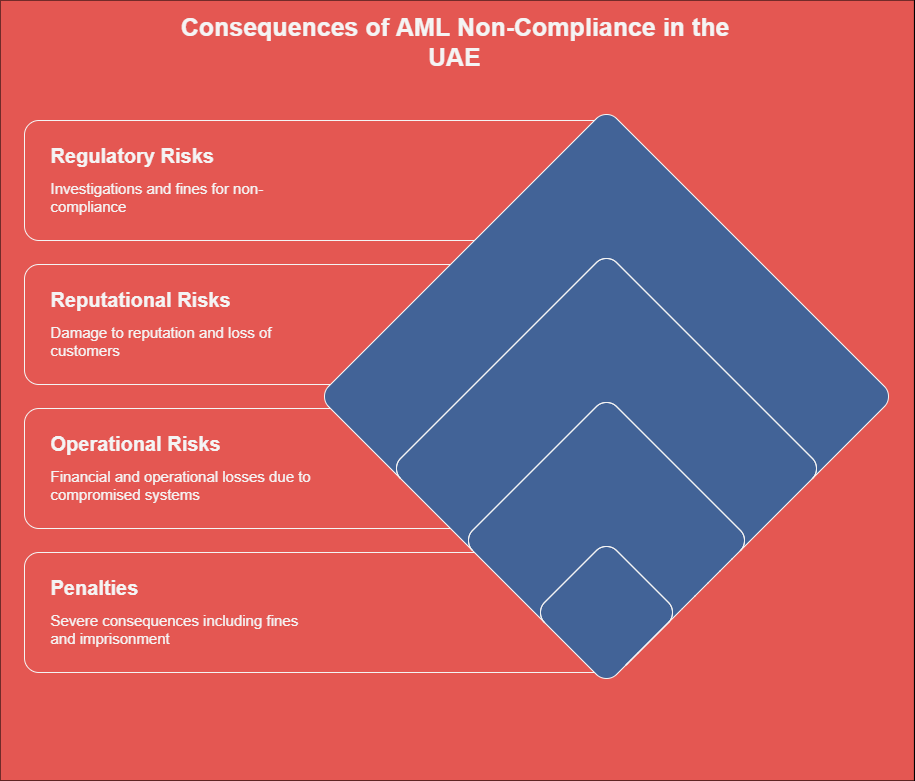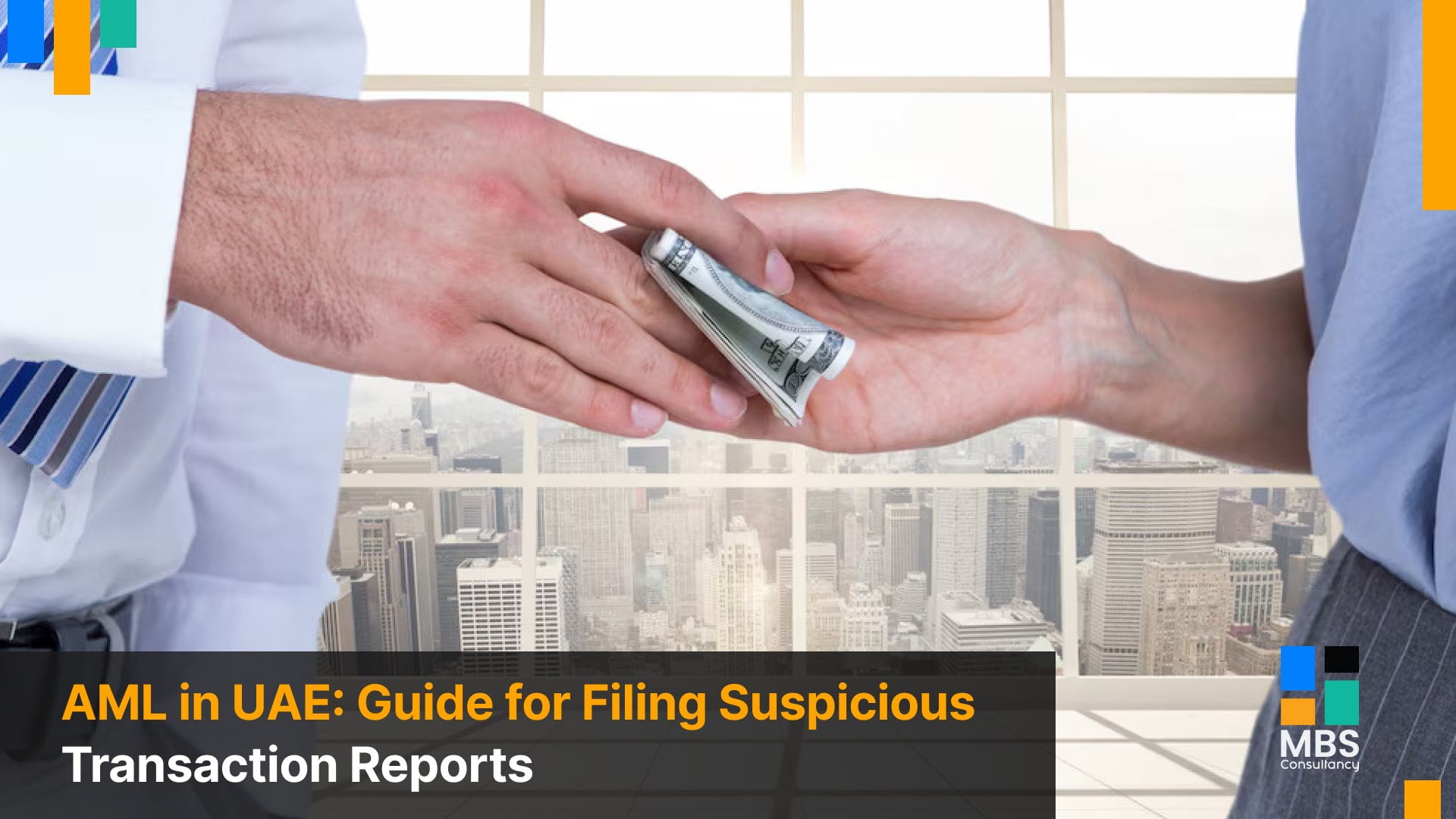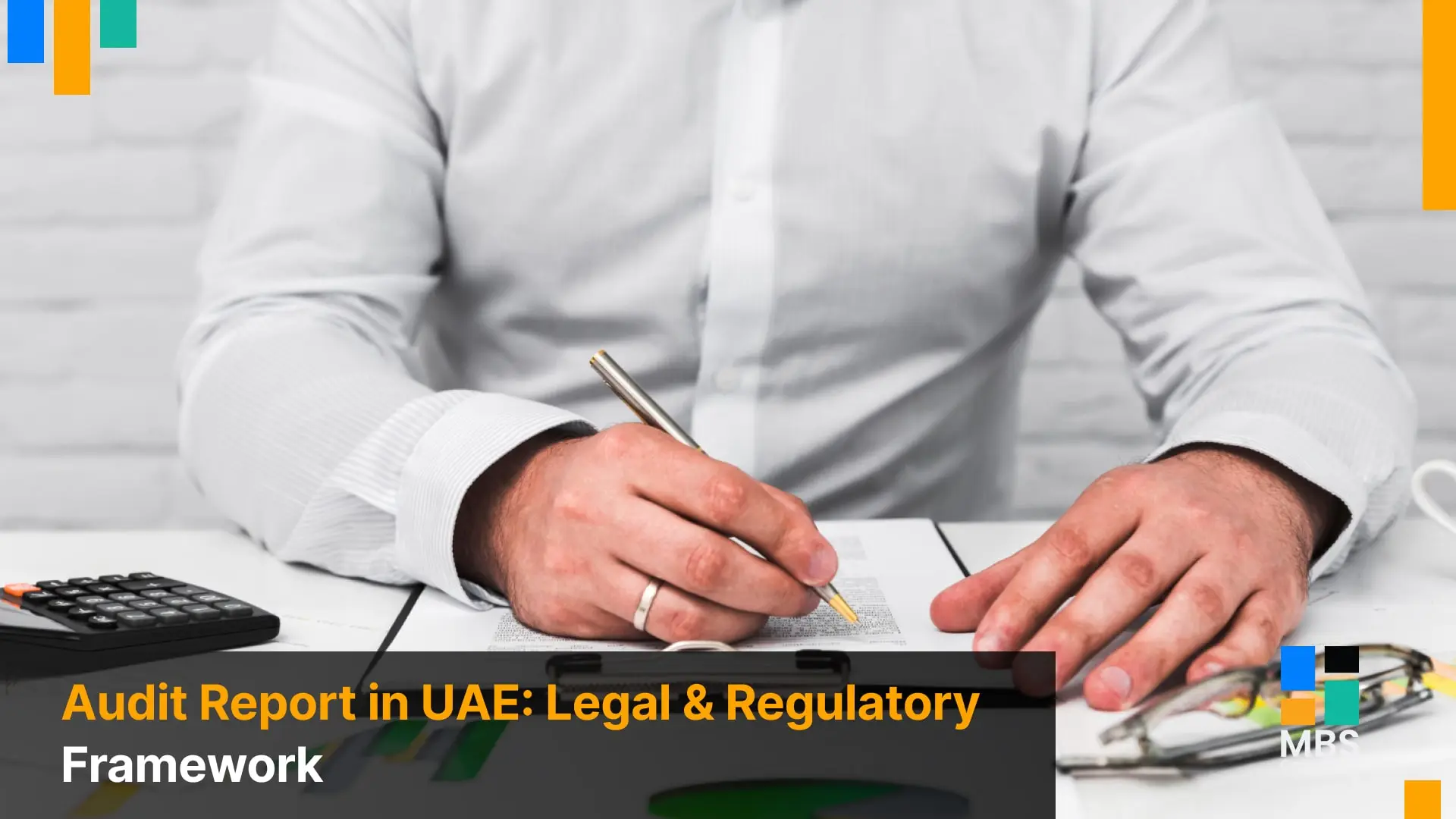While the UAE’s robust economic structure promotes progress, its open banking system may be manipulated. Free trade zones, intended to simplify commerce, can facilitate activities such as trade-related money laundering. The complexity of contemporary financial networks and geopolitical factors makes Anti-Money Laundering tracking transactions an essential instrument for ensuring financial integrity.
Money laundering may significantly impact financial institutions and a country’s economic stability. Failure to combat money laundering may also raise crime rates.
The UAE has long fought against risks that may harm the economy. The country is dedicated to addressing financial crimes with robust anti-money laundering legislation and regulations. The UAE’s AML supervisory authorities regularly monitor the AML compliance of different organizations to ensure no concerns.
Non-compliant businesses risk hefty fines and legal consequences. They may suffer reputational and financial damages. This guide will provide all the information you need about AML in the UAE framework, including do’s and don’ts and how to remain AML compliant.
Anti-Money Laundering: An Overview
What is AML in UAE? To comprehend anti-money laundering, we need to know more about money laundering. Money laundering is how criminals and gangsters transform unlawful money into legal funds by exploiting financial gaps. They do this to conceal the actual source of their wealth, which is an illegal activity.
Anti-money laundering (AML) is the government’s effort to combat this crime by enacting rules and regulations that protect an organization’s finances from fraud and corruption. AML compliance in Dubai stops criminals from concealing and moving their unlawfully acquired cash.
Various AML procedures include tracking transactions and sanctions evaluation, among others.
The AML in the UAE compliance agencies guarantee that all enterprises comply with the AML framework.
Anti-Money Laundering Suspicious Transaction in the UAE
AML transaction tracking is a systematic procedure for investigating and monitoring financial transactions to detect and prevent illicit acts such as money laundering and fraud. Modern transaction systems for monitoring evaluate client activities, transaction sequences, and external circumstances to identify anything unexpected that warrants further investigation.
According to the AML in UAE Law, a suspicious transaction is any kind of deal, intended transaction, or money that an entity under liability has adequate reason to suspect of being any preceding.
The crime proceedings, such as money laundering and similar predicate crimes, and funding terrorists or unlawful groups.
Getting involved in money laundering and similar associated offenses and supporting terrorism.
Being designed for use in an activity linked to such offenses.
Why Do Companies Need to Monitor Anti-Money Laundering Transactions?
The UAE is a major participant in international commerce and finance, attracting enterprises and investors from all over the globe. Its open design promotes development but makes it simpler for criminals to abuse the system. Let’s explore the relevance of tracking transaction processes:
Securing UAE’s Financial Status:
The UAE’s prosperity is largely dependent on trust. A strong system for tracking transactions to detect and prevent financial crimes demonstrates that the UAE takes its duties seriously, which instills confidence in investors and helps companies feel comfortable operating here. If the UAE develops a track record for money laundering, firms and investors may become worried, leading to a downfall in global investment and fewer international partnerships.
Supporting Transparent Organizations Thrive:
When you can promptly identify and manage suspicious transactions, everyone else has minimal delays and issues. Legitimate businesses may concentrate on what they do best without being distracted by illicit activities.
Minimizing Threat:
The UAE handles several foreign funds and commerce, particularly via its free trade zones, which facilitate business but may also be an attraction for money laundering. As a result, smart tracking transaction solutions allow the UAE to detect and address these problems before they cause a negative impact.
Eliminating Foreign Sanctions and Consequences:
If a country becomes recognized for money laundering, international organizations and nations with rigid financial legislation may take action against it. It might result in fines, limits on global banking, or being included in grey lists or blacklists. Such regulations will make it more difficult and costly for UAE enterprises to trade overseas.
Suspicious Transaction Reporting for Anti-Money Laundering filing with go AML in UAE
The UAE government has integrated various effective legislations to fight money laundering and terrorist funding. According to AML in UAE regulations, financial institutions and Non-Monetary Business Professionals must detect and report suspicious transactions to the UAE’s online AML web portal.
According to the law, these are legitimate businesses that engage in one or more of the following activities:
Real estate brokers, precious metal and gemstone dealers, corporate service providers, financial auditors, accountants, and attorneys. They must disclose suspicious transactions if they have adequate reasons to believe they are connected to money laundering or terrorist funding.
To submit an accurate Suspicious Transaction Report for UAE AML, you can:
- Utilize the go-AML online platform.
- Ensure that the report is accurate and appropriate.
- Submit all applicable details.
- Match the requirements for submitting STRs.
What do you need to include in a Suspicious Transaction Report?
The parties underlying the transaction
Where the transaction occurred
Transaction details, including time and date, and any warning indicators.
The regulatory body carried out the action.
Legal Consequences for AML Non-Compliance:
The implications are severe if an organization violates compliance with the UAE’s AML legislation. If money laundering or corruption is identified in a firm’s financial system, the competent authorities will conduct an audit and file a complaint against the company for AML.
AML regulatory bodies can inspect a company’s financial statements and account information during an AML inquiry. Non-compliance with the AML and its operational order may result in monetary sanctions.

Regulatory Risks for UAE AML Non-Compliance:
Failure to implement a comprehensive AML compliance structure in your firm may result in an investigation. It may lead to the identification of money laundering and administrative fines of up to fifty thousand Dirhams per infringement. Enterprises may also face license termination.
Reputational Risks for UAE AML Non-Compliance:
If a company is revealed to be engaged in money laundering, it suffers significant reputational harm. It has received a lot of bad attention and may lose customers and revenue in the near future.
Operational Risks for AML Non-Compliance:
Firms suffer significant financial and operational losses when internal procedures and structures are compromised. Rebuilding robust systems and processes requires significant effort and commitment.
Penalties for UAE AML Non-Compliance:
Suppose an organization fails to follow the rules designed to prevent money laundering, it may face harsh repercussions, including fines of up to five million Dirhams, imprisonment, or losing its trade license. The severity of the violation determines the punishment.
Conclusion
Filing Suspicious Transaction Reports are an important part of the UAE’s anti-money laundering strategy. It allows authorities to detect and investigate suspected money laundering operations efficiently. Organizations and individuals show their commitment to preventing monetary crime by reporting suspicious transactions using AML screening software in the UAE as soon as they occur.
It contributes to the UAE’s financial system’s stability and protects enterprises from reputational harm and legal penalties. Timely and correct STR files are critical to the effectiveness of the UAE’s AML framework, and they contribute considerably to a secure and translucent financial sector.




